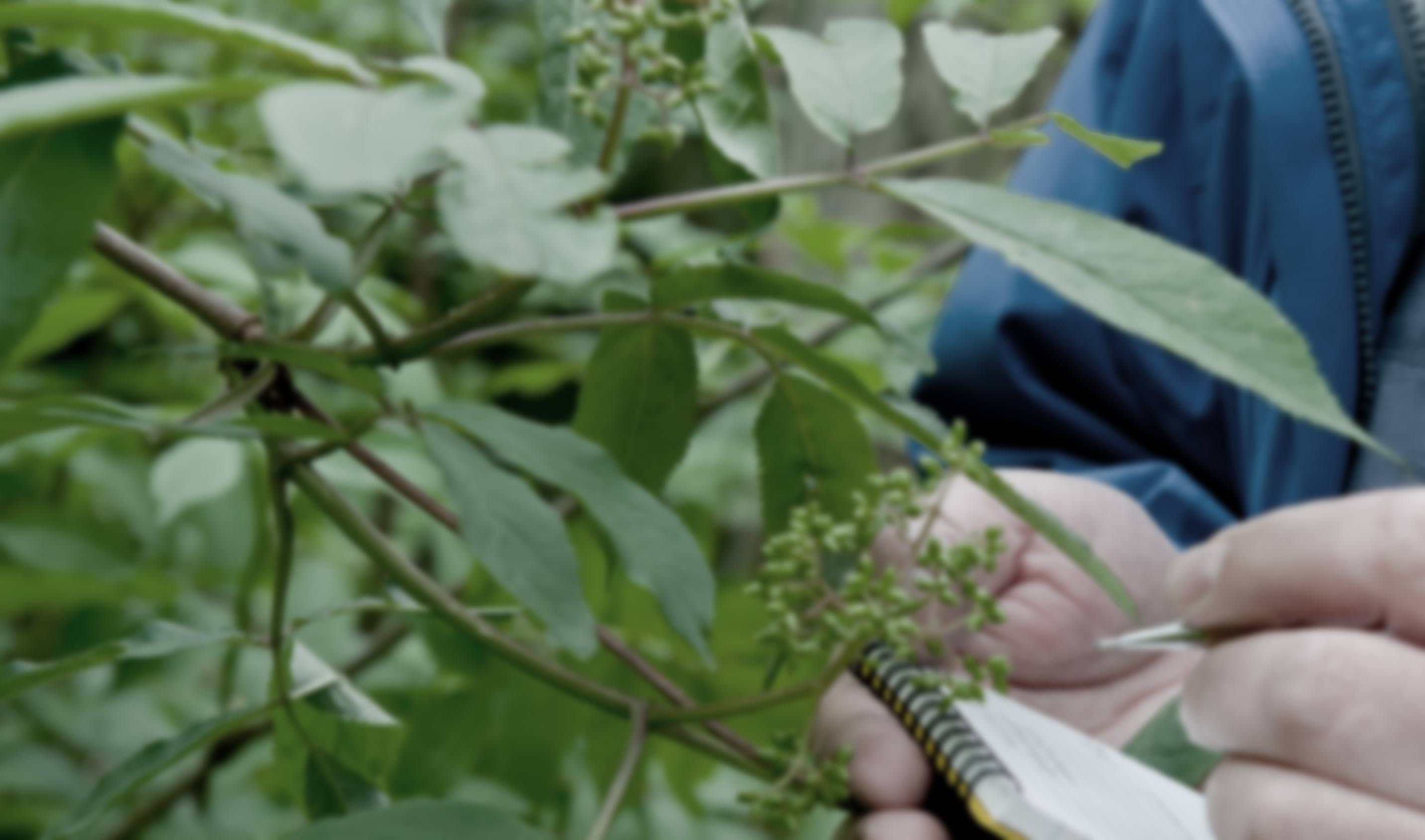What is Forensic Botany?
Forensic botany is the application of plant sciences to criminal investigations. It is a rather new discipline that incorporates several sub-disciplines: palynology (the study of pollens), dendrochronology (the study of tree rings), limnology (the study of aquatic environments), systematics (the classification of plants), ecology (the study of ecosystems), and molecular biology.
Different from forensic anthropologists, forensic botanist do not normally deal with human remains. Their main role is to make connections between evidence and the crime. Pollen is an excellent tool for connecting suspects to the scene as well as if the body has been moved or not. The powder like substance released by plants as their reproductive cycle is produced in large quantities and easily carried by wind, clothing, hair and skin.
 How to become a forensic botanist?
How to become a forensic botanist?
Most forensic botanist have a minimum of a B.Sc. and a masters in Botany and some will have a Ph.D. Check out this link from Dalhousie University in Halifax, Nova Scotia for more information!